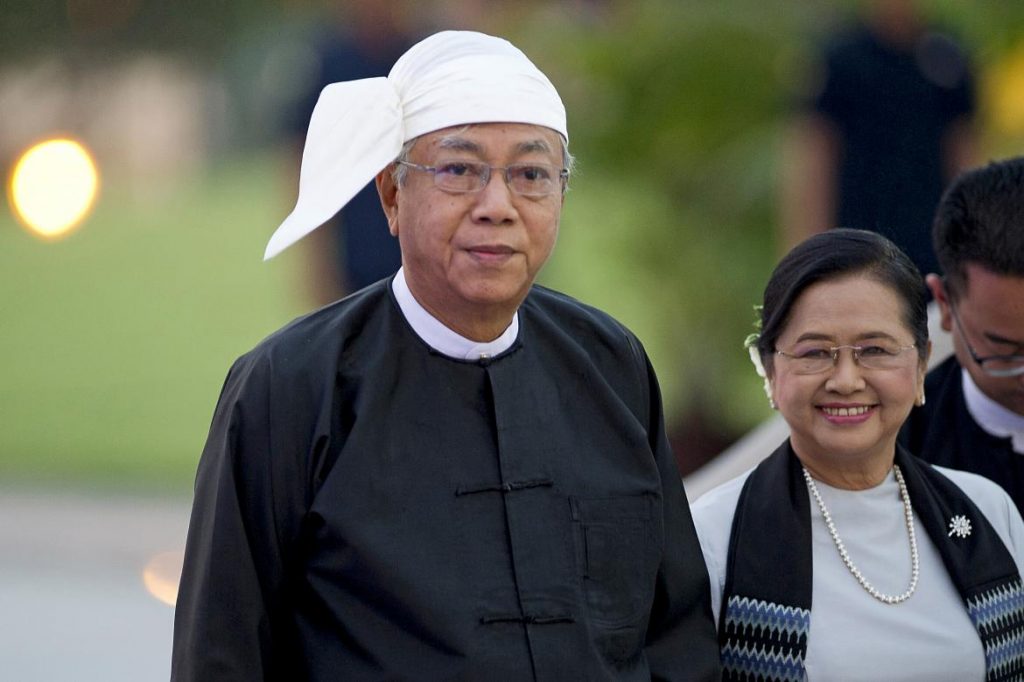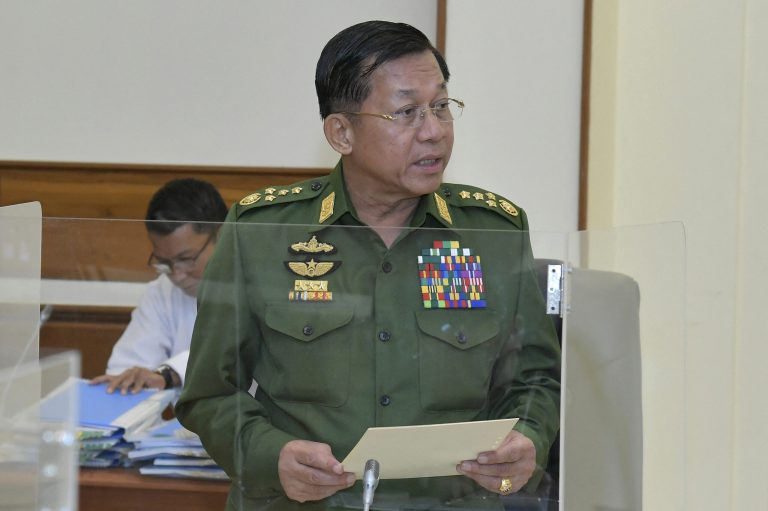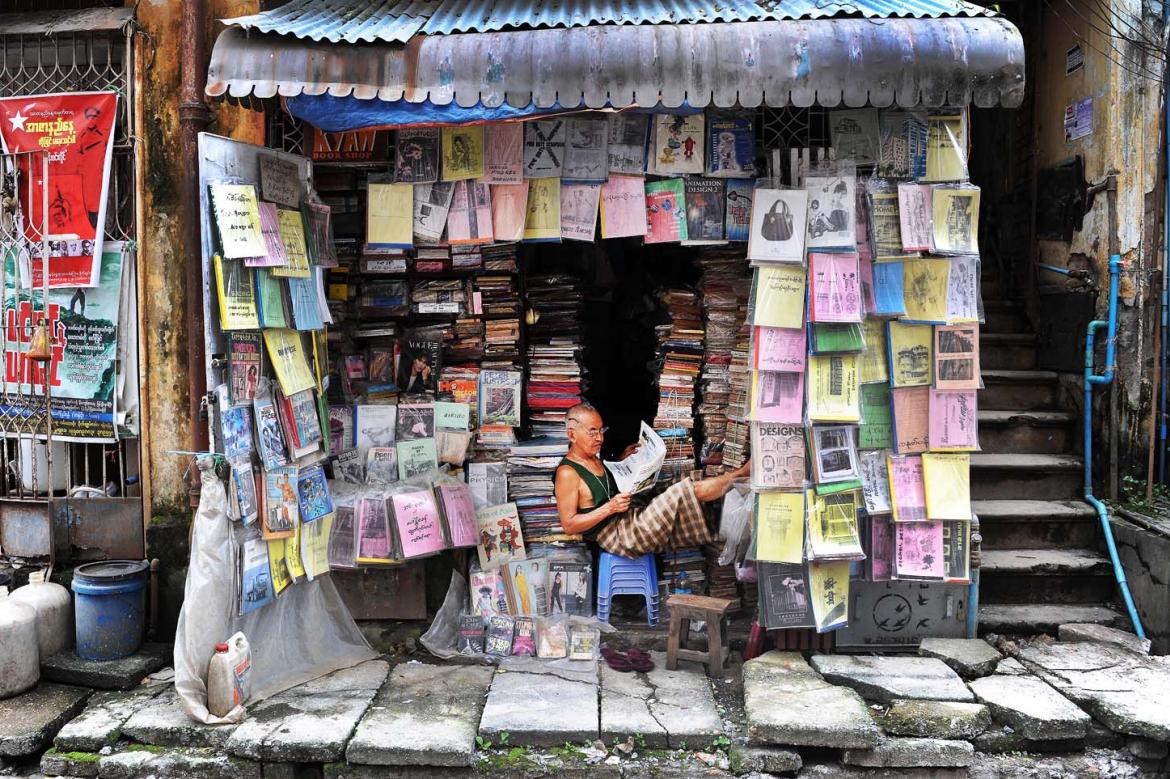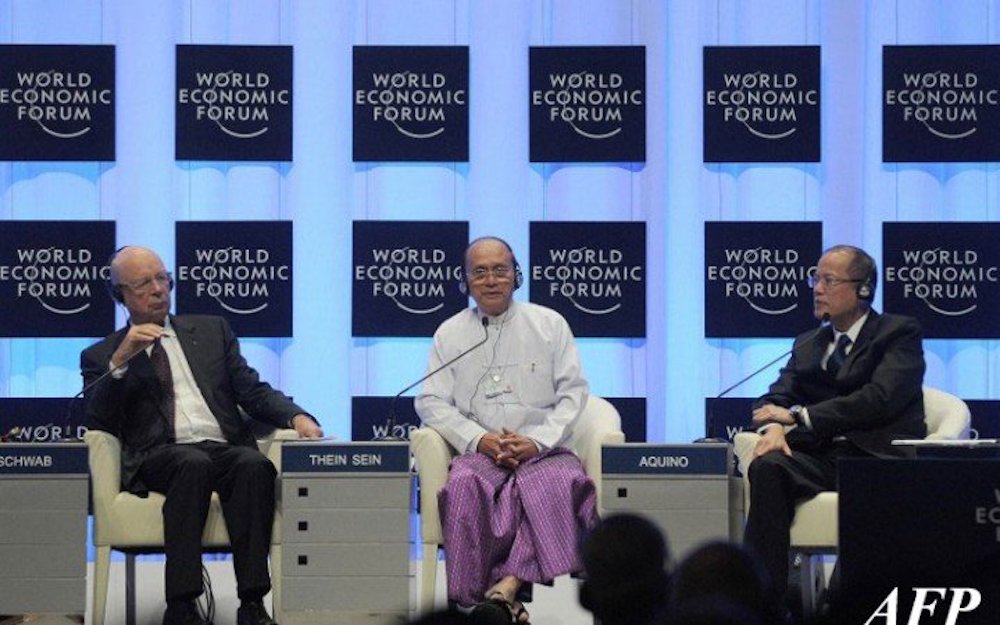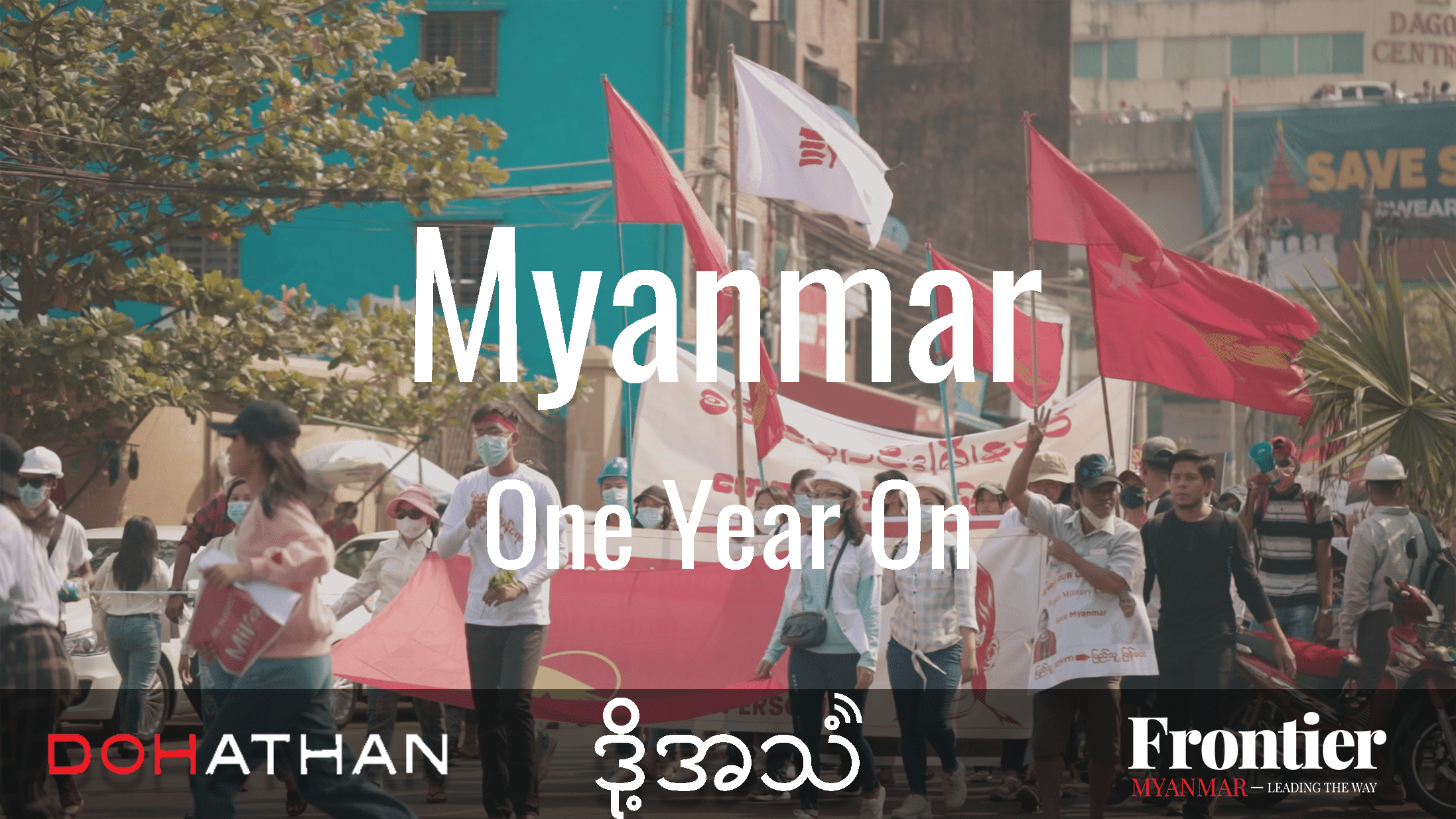Building on the expertise of civil society and the bureaucracy, the new government can show the sceptics that their concerns about its ability to deliver are unwarranted.
By TOILY KURBANOV | FRONTIER
WHEN the United Nations Development Programme resolved to step up its work in Myanmar in 2012, the first task at hand was to design a new engagement strategy. As the recently arrived country director, I recall meeting many sceptics within and outside the country who were questioning whether Myanmar’s declared transition was genuine and if the reforms were going to be more than cosmetic. And even if they were real, would the government have capacity to implement the reforms?
Back then we were cautiously optimistic about the direction of the change, if not yet of its impact. Although we did not underestimate the challenges ahead, we built this optimism into UNDP’s new country programme for Myanmar, aiming to promote democracy, poverty reduction and environmental sustainability.
Little did we know that in a few short years the leaders of this country – those in power and in opposition – would tackle real issues, going well beyond the cosmetics, and build the capacity to lead change.
Even more ambitious reforms are possible following the landmark 2015 elections and the smooth political transition. But barely has the new government taken the reins and similar sceptical voices can be heard again. Will the new government be able to govern the country after being in opposition for so long? How could they possibly meet the huge public and international expectations and deliver on the popular mandate given to them through landslide election victory? And will the new government reach out to all ethnic and religious communities in the pursuit of inclusive national identity and human rights for all?
Support more independent journalism like this. Sign up to be a Frontier member.
I believe all these questions are quite valid as a matter of general concern. However, I do not think that as such they warrant such a sceptical approach toward the new government.
First of all, I have fundamental confidence in Myanmar’s greatest asset – its people. They are industrious and resilient, embracing the change, and proud of their culture and heritage. The people of Myanmar are the ultimate change agents and the heroes of this transition, from the teacher walking several miles on foot every day to educate children in remote ethnic communities, to the entrepreneur learning foreign languages and creating new jobs in the booming tourism sector. Now that they have in power the government they have voted for, the people of Myanmar will likely draw even more inspiration, energy and commitment to bring about positive change in their country.
Secondly, I have confidence that the new political leaders brought in by the 2015 elections will not be leading alone but can benefit from the experience and passion of the civil service and civil society. Myanmar’s CSOs, whether single-issue-focused advocacy groups or the new national rural women’s network, are in a better position than before to help ensure that the new government’s declared policies are making real changes in people’s lives. Where needed they can also compliment the government’s often-stretched resources by delivering social services, especially to remote and vulnerable communities.
At the same time, the civil service can bring its reform experience, accumulated during the previous administration, to help the new government. In the past years, UNDP supported reforms to enhance local governance and rule of law, among many others. We have been truly awed by civil servants’ positive determination and commitment to transform Myanmar into the country they dreamed about for so long.
Which brings me to the role of the international development partners. Recent years have seen big changes not only in the country but also in how the international development is framed globally. The 21st century development cooperation is going to be much less about development assistance and much more about marshalling domestic and international resources to achieve each country’s Sustainable Development Goals.
In Myanmar we should support new reforms with energy and with humility, for it is not us but the Myanmar government, civil society and civil service that will change this country for the better. We will be there as support actors offering, where needed, additional resources, expertise and lessons from other countries.
There are many more unresolved development issues in Myanmar than there are resolved ones. The nation’s new leaders should have the space to make their own decisions – which also means the space for trial and error – and the time to find answers to the questions posed to them, building on the support from Myanmar’s people, civil society, civil service and growing private sector. In this way Myanmar’s multiple challenges – from sectarian tensions to the ongoing peace process; and from endemic institutional weaknesses to the barriers to inclusive growth – can start to be resolved.
Just as at the beginning of this journey four years ago, there are strong reasons to maintain optimism. Myanmar’s democratic momentum is building up.


